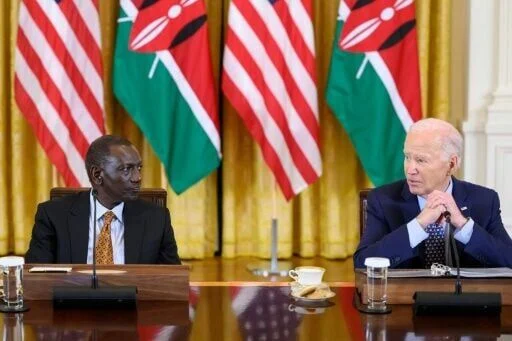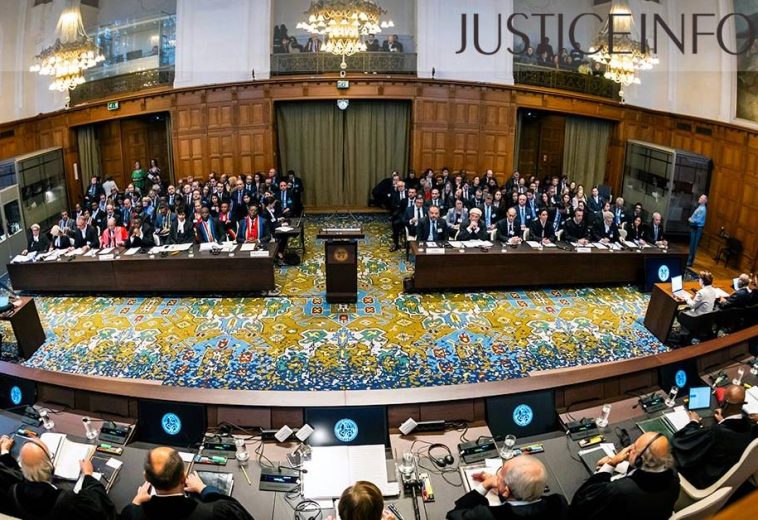Following Niger’s independence, the U.S. quickly established diplomatic relations and has since provided various forms of assistance to Niger. This support has included economic aid, development programs, and security cooperation. Over the decades, these relations have been shaped by Niger’s strategic location, its role in regional stability, and its natural resources. In these early years, US involvement in Niger was primarily driven by Cold War considerations. The US sought to prevent the spread of Soviet influence in Africa by providing economic and technical assistance to newly independent states.
During the 1960s and 1970s, American aid focused on agricultural development, health, and education. Programs such as the Peace Corps, which began its operations in Niger in 1962, played a significant role in fostering goodwill and enhancing human capital in the country. These initiatives helped lay the foundation for a relationship based on development cooperation and mutual respect.
The end of the Cold War brought significant changes to Niger-US relations. With the decline of the Soviet threat, US foreign policy priorities shifted towards promoting democracy, human rights, and economic liberalization. In Niger, this period coincided with political instability, including coups and contested elections.
Despite these challenges, the US continued to provide development aid and support democratic processes in Niger. In 1996, after a military coup, the US, along with other international actors, pressured the junta to restore civilian rule. This period also saw increased US interest in Niger’s natural resources, particularly uranium, which is crucial for nuclear energy.
The turn of the millennium brought new dimensions to the bilateral relationship, especially with the growing threat of terrorism in the Sahel region. The 9/11 attacks in 2001 and subsequent US-led War on Terror significantly influenced Niger-US relations. Niger became a strategic partner in combating terrorism, with the US providing military assistance and training to help Nigerien forces counter extremist groups in the region.
US foreign assistance to Niger played a critical role in preserving stability in a country vulnerable to political volatility, terrorism, and regional instability. The United States Agency for International Development (USAID) elevated its Niger mission to full status in August 2020, underscoring the importance of Niger in US foreign policy. The country was also a target under the Global Food Security Strategy and the President’s Malaria Initiative. The MCC’s $437 million compact aimed to strengthen Niger’s agricultural and livestock sectors by improving water availability and market access, and restoring pasturelands.
READ ALSO: From Opportunities to Concerns: An Assessment of China-Africa Relations
Niger was one of six countries participating in the Security Governance Initiative and was identified as a Counterterrorism Partnership Fund partner nation. Additionally, the US supported Niger in building counterterrorism and peacekeeping capacity, promoting democracy and good governance, and improving health and education.
Niger remained one of the least developed countries globally, with an economy largely based on subsistence agriculture. The US exported vehicles, machinery, aircraft, and agricultural products to Niger, which was eligible for preferential trade benefits under the African Growth and Opportunity Act. The US and Niger also collaborated under the Trade and Investment Framework Agreement with the West African Economic and Monetary Union.
However, the relationship has not been without its challenges. Incidents such as the 2017 ambush in Tongo Tongo, which resulted in the deaths of four US soldiers, have underscored the complexities and risks associated with the US military presence in Niger. Moreover, political instability in Niger, including recent coups, poses ongoing challenges to bilateral relations.


